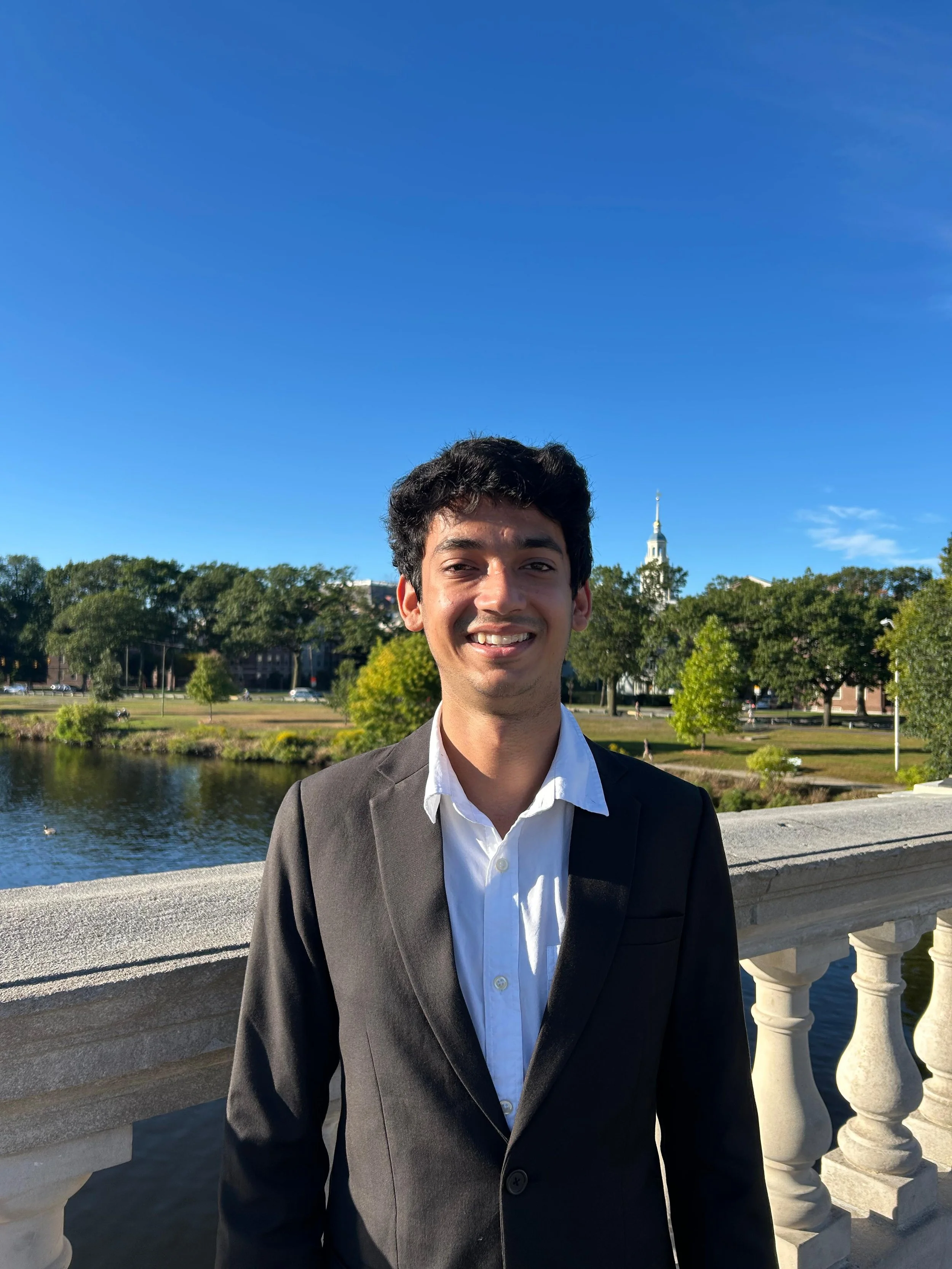Muhammad Faseeh Jawed
Faseeh is a junior at Harvard studying Statistics and Computer Science, originally from Karachi, Pakistan.
He is excited to be chairing DISEC this year and welcome you all to this exciting conference!
He absolutely loves food, animals, poker and other card/board games, and travelling. On campus, he works at a research lab and with the Harvard Financial Aid Office. He is also am involved with some entrepreneurship communities and fellowships on campus.
Outside of classes and extracurriculars, Faseeh is a big TV show enthusiast. Feel free to ask him about his top 5 show rankings, why Pakistan is a must-visit country, and about his love for food, travel and culture!
topic: The Future of Afghanistan: Security, Sovereignty, and Human Rights Post U.S. Withdrawal
Afghanistan stands at a critical crossroads following the withdrawal of U.S. and NATO forces in 2021. With the return of the Taliban to power, the international community faces a pressing question: how to engage with a regime that holds de facto control, but lacks formal recognition and continues to suppress civil liberties, particularly for women and ethnic minorities. This committee will examine the implications of the current power vacuum not only for Afghanistan's domestic security and governance but also for regional stability and international norms.
The country’s humanitarian situation remains dire. Billions in foreign aid have been frozen, and sanctions have limited access to crucial resources, pushing millions toward poverty and displacement. At the same time, the Taliban’s rollback of women's rights, including restrictions on education, employment, and public life, has sparked global outrage. Ethnic groups such as the Hazaras and Tajiks continue to face discrimination and violence under the current regime.
This committee must grapple with a complex set of challenges: how to ensure humanitarian assistance reaches those in need without legitimizing a repressive government, how to prevent Afghanistan from once again becoming a haven for extremist groups, and how to balance national sovereignty with the responsibility to protect vulnerable populations. Delegates will be expected to approach the topic with nuance, recognizing both the historical context and the present realities shaping Afghanistan’s uncertain future.


